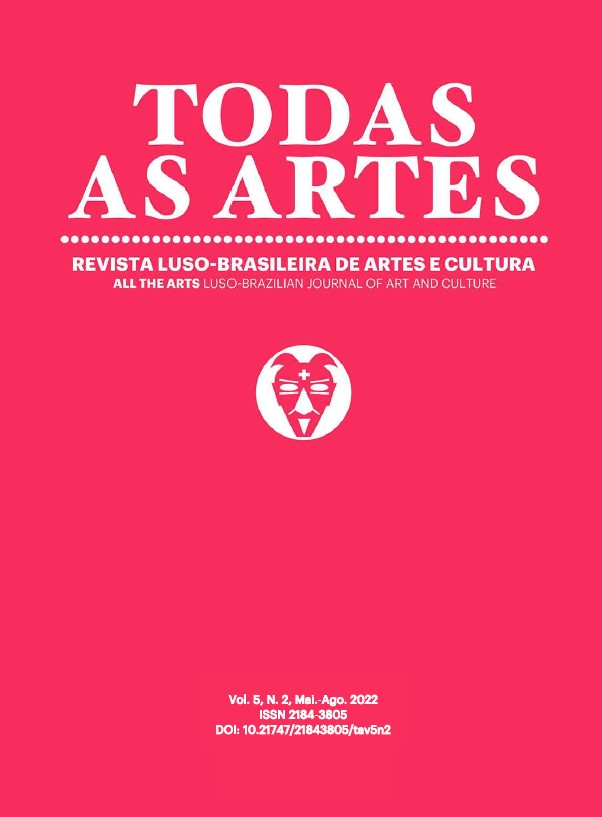REWATCHING AGUIRRE, THE WRATH OF GOD: ATHLETICISM, CINE-TRANCE AND THE LEGACY OF WERNER HERZOG’S ANTI-ETHNOGRAPHIC ‘COSMIC’ ETHNOGRAPHY
ATHLETICISM, CINE-TRANCE AND THE LEGACY OF WERNER HERZOG’S ANTI-ETHNOGRAPHIC ‘COSMIC’ ETHNOGRAPHY
Abstract
The article discusses the legacy of Werner Herzog’s film Aguirre, the Wrath of God (1972) on the occasion of the fiftieth anniversary of its release. As the first of three epic history films in which Herzog explores the encounter between the Western Man and the Other, Aguirre opens up a confrontation with a set of film practices that could be defined as ‘ethnographic’. Like ethnographers, Herzog set up his productions in a substantially ethnographic ground—the wilderness of the world far from modernity, through fieldwork and on-site negotiations with the local communities. Herzog is also known for his insistence on pushing his crew into a real ‘ethnographic’ adventure, adding to the demands for ‘athleticism’ to make the film. But is it just the context that Herzog and ethnographic filmmakers choose to shoot in the only thing they have in common? In a certain sense, the genealogy of Herzog’s idea of ‘ecstatic truth’ can be traced back to the notion of ‘cine-trance’ of Jean Rouch, ethnographer and pioneer of ethnocinema. And yet, Herzog breaks with the humanistic methodological frameworks of ethnographic cinema, hence reducing any sort of distance possible between the filmmaker, the crew and the context of the film.
Downloads
Published
Issue
Section
License
Copyright (c) 2023 Todas as Artes

This work is licensed under a Creative Commons Attribution 4.0 International License.
- Declaração de consentimento
- Declaration of Consent
- § Todos os trabalhos publicados na revista Todas as Artes são abrangidos pela Licença Creative Commons Atribuição 4.0 Internacional (CC BY 4.0). Sob estes termos os autores conservam os seus direitos de autor e concedem à revista o direito de primeira publicação, permitindo a publicação, reprodução, distribuição, exposição e armazenamento do trabalho a nível nacional e internacional e em todos os formatos, formas e meios de comunicação atualmente conhecidos ou a desenvolver no futuro, incluindo formatos impressos, eletrónicos e digitais.
- § Os autores têm autorização para assumir contratos adicionais separadamente, para distribuição não-exclusiva da versão do trabalho publicada nesta revista (ex.: publicar em repositório institucional ou como capítulo de livro), com reconhecimento de autoria e publicação inicial nesta revista.
- § Os autores têm permissão e são estimulados a publicar e distribuir o seu trabalho online (ex.: em repositórios institucionais ou na sua página pessoal) a qualquer ponto antes ou durante o processo editorial, já que isso pode gerar alterações produtivas, bem como aumentar o impacto e a citação do trabalho publicado.



